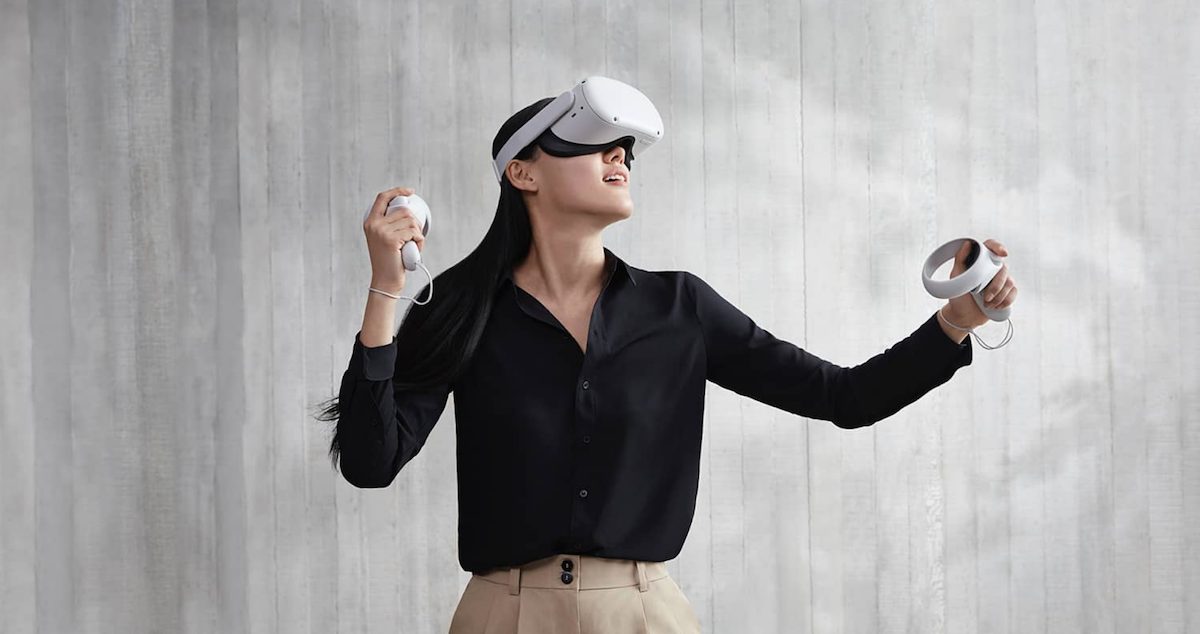Meta has recently decided to halt the development of its high-end mixed-reality headset, codenamed La Jolla, which was intended to compete with Apple’s Vision Pro.
This decision, reportedly made after a recent product review meeting, reflects a significant shift in Meta’s strategic direction for augmented and virtual reality technologies. Initially slated for a 2027 release, La Jolla was designed to incorporate advanced micro-OLED displays, similar to those used in the Vision Pro. However, the high cost of these displays, coupled with the underwhelming market performance of the Vision Pro, led to the project’s cancellation.

The Vision Pro, which debuted at a staggering $3,499, has not achieved the market success Apple anticipated. With projections suggesting fewer than 500,000 units sold this year and a significant drop in US sales, the high price point and limited consumer appeal of such premium devices are becoming evident. This market reality likely influenced Meta’s decision to abandon its La Jolla headset. Meta had aimed to keep its competing device under $1,000, but the prohibitive cost of micro-OLED technology made this target unfeasible.
Despite the setback with La Jolla, Meta remains committed to advancing its mixed-reality offerings. The company continues to develop more affordable alternatives, such as the Quest VR headsets. The upcoming Quest 4, anticipated for release in 2026, represents a continuation of Meta’s focus on delivering value-driven products in the mixed-reality space. Additionally, Meta is working on a budget-friendly version of the Quest 3, further emphasizing its strategy to cater to a broader market segment.
Meta’s Chief Technology Officer, Andrew Bosworth, addressed the situation by noting that the company consistently works on multiple prototypes, but not all reach production. He emphasized that such decisions are part of an ongoing process and that focusing on individual decisions does not provide the full picture of the company’s strategy.
The company is also exploring new ventures, including licensing its XR software to third-party manufacturers, potentially broadening its influence in the XR ecosystem. New AR glasses are expected to be revealed at the upcoming Connect event, highlighting Meta’s continued innovation in augmented reality.
(via The Information)